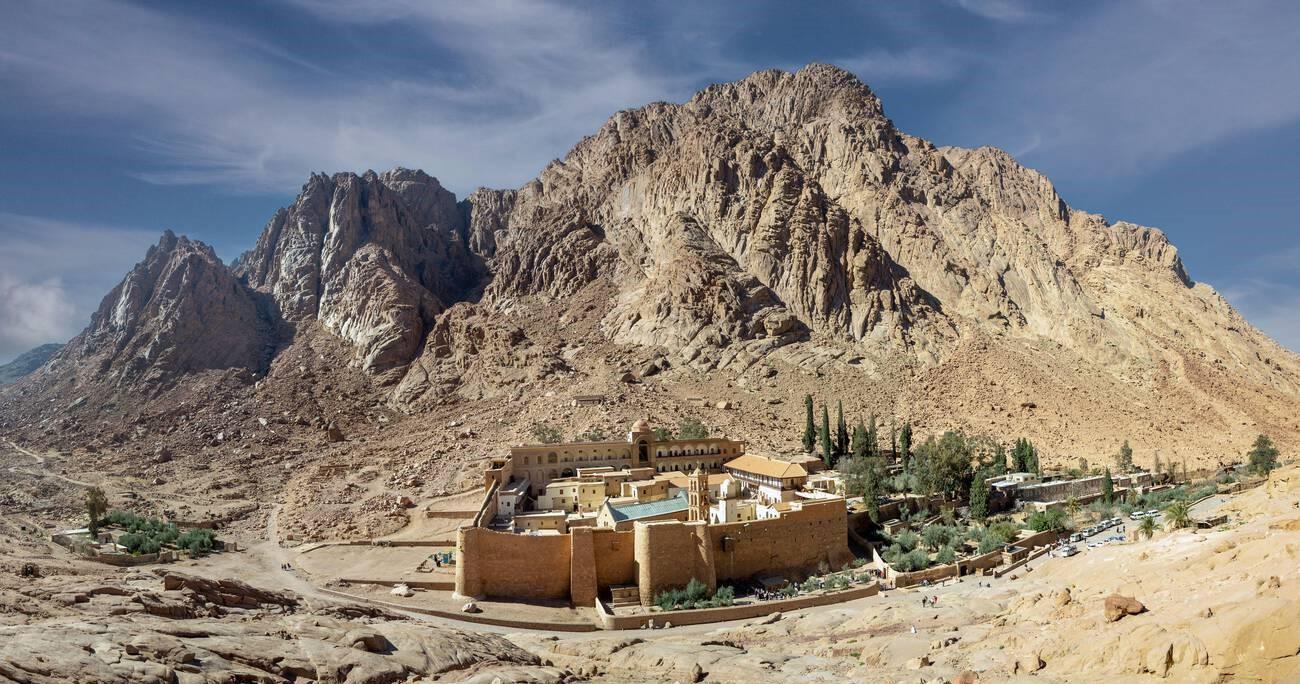
Egypt has pushed ahead with a large-scale tourism development project at Mount Sinai, one of the world’s most sacred places for Judaism, Christianity and Islam, prompting concern over potential environmental, cultural and religious impacts.
The project, known as the “Great Transfiguration Project,” was launched in 2021 to transform the town of St. Catherine and its surroundings.
Plans include luxury hotels, villas, shopping bazaars, eco-lodges, a visitor center, an expanded airport and a cable car to the summit of Mount Sinai, according to a recent BBC report.
According to Egyptian officials, the project is being carried out in coordination with UNESCO and international consultants to preserve the site’s archaeological and natural integrity. Authorities claim every historic structure and native plant is being protected and that the monastery’s spiritual significance will remain intact.
However, the BBC report highlighted that construction is already underway, with luxury facilities reshaping the isolated desert landscape.
The report also raised concerns over the impact on the local Bedouin community, known as the Jebeleya tribe or “Guardians of St. Catherine,” who have reportedly lost homes and eco-camps, and in some cases graves have been relocated to make room for development.
Tensions have also emerged with Greece, which has historic ties to the 6th-century St. Catherine’s Monastery. Athens earlier condemned an Egyptian court ruling that declared the monastery’s land as state-owned, calling it a threat to the site. Egypt has sought to reassure Greece that the monastery’s religious status will be fully preserved.
Conservationists and advocacy groups, including World Heritage Watch, urged UNESCO to list St. Catherine as endangered, warning that large-scale tourism could undermine the region’s centuries-old traditions of solitude and spirituality.
Critics argued that while the government presents the project as sustainable development, it primarily serves economic and foreign investment interests rather than the local community.